WASHINGTON – President Obama will soon nominate a new chairman of the Federal Reserve, but his top pick is already under fire from several corners for being unfit for the job.
It has for the most part come down to a two-horse race for the next Fed chief between Larry Summers, a former Treasury secretary and presidential adviser, and Janet Yellen, the Fed’s current vice-chairman. But if reports are true, Summers will likely be Obama’s pick as the next Federal Reserve chairman.
Summers’ candidacy is being championed by a small group of people composed largely of insiders who have worked closely with him over the years, including the president of the United States and most of his top advisers.
As the Washington Post’s Ezra Klein points out, Summers is the favorite to become the next chairman of the Fed because of his ties with the “Clinton clique” – a group of advisers and officials who served during President Clinton’s administration. Gene Sperling, who served in the same position in the Clinton years, heads the National Economic Council. Jack Lew, former director of the Office of Management and Budget (OMB), is now secretary of the Treasury. Jason Furman, a former special assistant to the president for economic policy, is chairman of the Council of Economic Advisers, and Sylvia Mathews Burwell, deputy chief of staff under Clinton, leads the OMB.
Those strongly opposing the nomination of Summers have a variety of reasons, related to both his time in Washington and his tenure as head of Harvard University.
As Harvard’s president, he oversaw an investment strategy that cost the university’s endowment more than a billion dollars and was forced to resign after receiving a vote of no confidence from Harvard faculty for suggesting that biological differences between genders explains the shortage of women in science and engineering departments at top universities. He also angered many black professors by taking on prominent African-American scholar Cornel West, accusing him of inflating student grades and criticizing him for releasing a rap record rather than pursuing serious scholarship.
Summers faces opposition from Democratic lawmakers over his role in easing Wall Street regulation, which is considered a contributor to the 2008 financial crisis, when he served as Treasury secretary during President Clinton’s second term. As head of the Treasury Department, Summers supported the repeal of the Glass-Steagall Act and actively promoted the passage of the Commodity Futures Modernization Act.
Glass-Steagall erected a wall between traditional banks and financial companies that engage in investment banking. Once it was repealed it enabled banks to undertake riskier investment activities. The Commodity Futures bill allowed financial derivatives to be traded without any oversight or regulation.
By nominating Summers, Obama would also be passing up the opportunity to appoint the first-ever female Fed chair. The president faced criticism from both parties earlier this year for the lack of diversity at the top of his cabinet for the second term.
Critics also worry that Summers, known for his abrasive personality, could prompt a management crisis at the central bank, which relies on the ability of a chairman who is capable of forming consensus in the Fed’s policy committees.
Progressive groups, in particular, strongly dislike the idea of Summers as chairman of the Fed. Groups like MoveOn and the Campaign for America’s Future have started petitions against Summers.
Any nominee for Fed chairman is likely to run into a contentious confirmation process in the Senate. But because of his political baggage, Summers might face a tougher road to the Fed.
Summers’ first hurdle would be in the Senate Banking Committee. Democrats hold a 12-10 majority there, but three of those Democrats – Jeff Merkley (Ore.), Sherrod Brown (Ohio), and Elizabeth Warren (Mass.) – are skeptical of Summers. Brown has told Reuters he would vote against Summers. Warren, for her part, is working on bringing back a modern version of the Glass-Steagall Act.
His nomination would also face some obstacles before the whole Senate. Democrats have 54 votes in the Senate, which means they are six short of the number to shut down a filibuster. Since it is unlikely that all members of Obama’s party will support a Summers appointment, the president might need some Republicans to make up the difference to push Summers’ nomination through the Senate.
Widely seen as a dove, a shorthand term used by monetary policy observers to describe someone worrying more about economic weakness than any threat from inflation, Yellen is not tied to the Obama administration’s economic policies like Summers. Her reputation as a dove will not particularly make her popular among Republicans who, based on some of her comments, could conclude that she is more worried about unemployment and less worried about inflation risks than recent Fed chiefs. But her lack of affiliation with Obama’s economic policies could raise her stock among Republicans.
On the other hand, Summers has a less clearly articulated approach to monetary policy. Given past statements and speeches, Summers seems to believe that quantitative easing has been more effective at widening the wealth divide than creating jobs. He has also stated his preference for fiscal stimulus over additional monetary stimulus.
The effort to block Summers so far includes a letter circulated by Brown and signed by 19 Senate Democrats urging the president to nominate Yellen over Summers.
Current Fed chairman Ben Bernanke is expected to step down by the end of the year as his term ends Jan. 31.
The next chair of the Fed will take the helm at a critical moment. Since 2008, the Fed has taken unprecedented steps to battle the recession and stimulate the recovery. The central bank is currently spending $85 billion a month buying financial assets in the markets to lower long-term interest rates. The U.S. economy remains weak and much can go wrong on the way back to a normal monetary policy. This means Bernanke’s successor will need to reassure markets that he or she is ready to raise interest rates when necessary and can anticipate, and react to, rapidly changing circumstances.


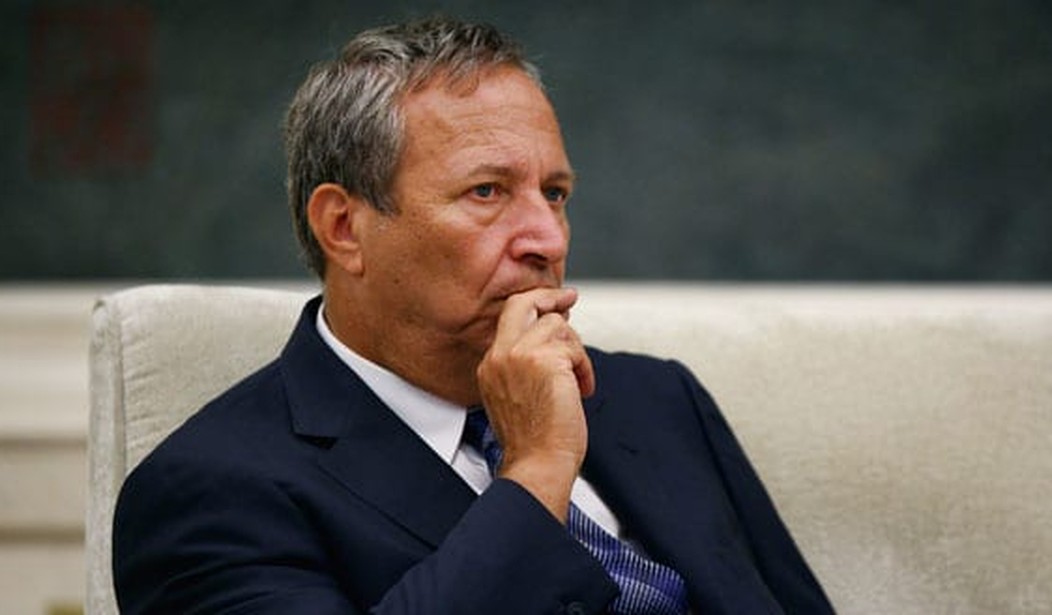

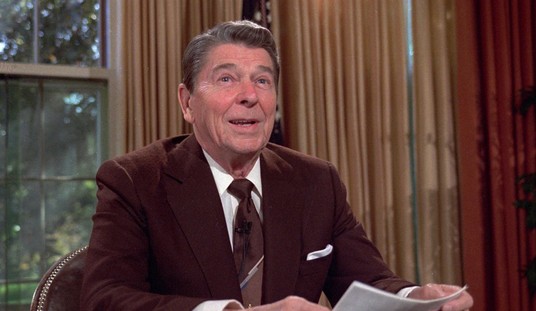

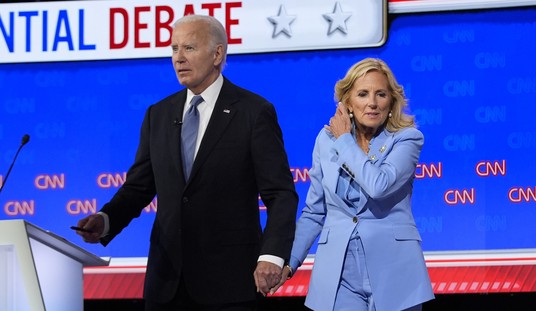
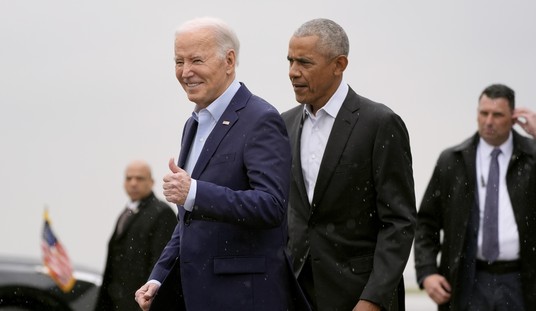
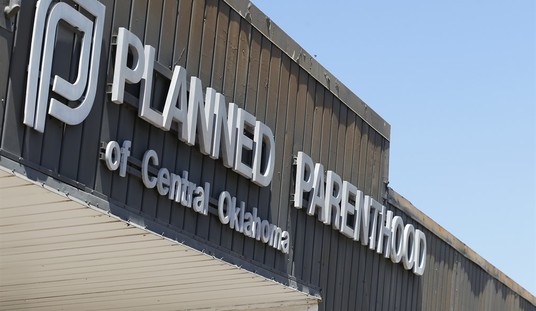
Join the conversation as a VIP Member